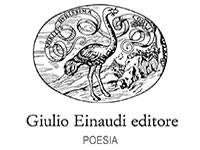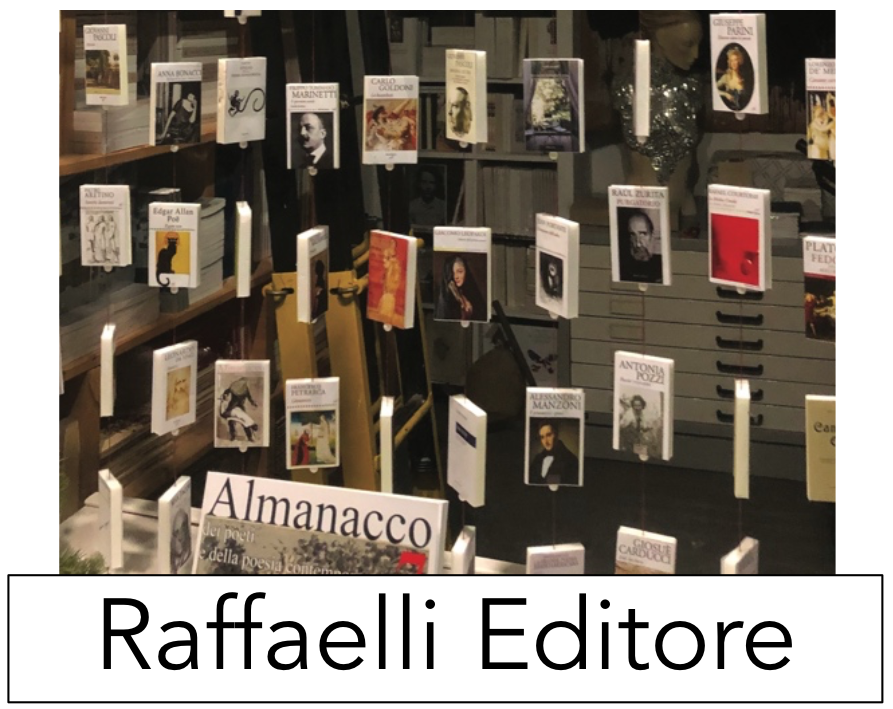BARTOLOMEO
When you too stop in this great
motorway caff and see
yout own exhausted face run
on the windows, on the aluminium counter,
it’ll be an evening like this
that breaks up in wind the light
and clouds of the day, it’ll be
a great moment:
only you and I will know.
You will set off again
slightly upset, with almost a stir
of memory and the separate silences
of the shelves of objects, the petrolpump men and their caps,
you’l1 feel bebind you nimbly
becoming a poem.
The happiness of time is saying yes
you are there, a hidden power
gives you a shock, not my
youth which is going, not my
maturity, not my growing old –
the real likeness between us
is in a place where it can’t be seen.
My son, my traveller,
it’s going to be your hell, your talent
this sense of hearing like a dogs or angel’s
which picks up as one tune the swing of the planets
and the fall of a pill in a glass
two storeys down, where two old people
are being cared for.
This very noisy love
will be your father, the real one.
Stay longer here in the motorway caff,
it’ll please me in the dark to see you again…
Pregnant Says the Test
Don’t call him, he’s coming
full of his near-translucent strength,
already he’s a part of your smile
he comes like the scent from the woods,
a nothing with the unforeseen snout
of a hare, he is already a fold
in your hands, he sits
on the throne you’re turning into.
He is a growth
with an excess of clouds,
he’s frightening like the starting-up of a wind
that bends the branches but revives the colours.
My love, beautiful and full of worry,
his mark is there already on our
shape. Happiness
is waiting, happiness is time.
from IL BAR DEL TEMPO
TO GIUSEPPE UNGARETTI,
SEEN AT NIGHT ON TV READING ‘RIVERS’
I don’t, myself, have rivers,
l’ve never lived leaning out
with my face over the water
that stili or eddying round
carves through the city, ennobles or in whirls
steals away all its thoughts.
I’ve not had
flights of wide stone steps on which to lie stretched out
losing under the sunshine
the light of the intellect, dozing off.
1 had avenues,
streets broad and full of noise, the high trajectory
of slip-roads,
those open arms of a mother who is poor
veins by which every kind of stuff
comes into town.
1 have had avenues of trees
or blasts of vertigo between the steel of walls
and darkened glass.
The confusion
makes them identical, under the rain
they amount to hell,
frenzy.
But at night, when night
does fall
tbey are drawn again,
fresh avenues
of shade and loneliness,
when the drooping necks of lamp-posts
light them up and the switching off
of the last advertisement signs.
They begin to move then, very lightly,
they branch out, perhaps the whole city
rotates a little;
somebody ends up
face to face with a castle or a
cathedral, others lose their tan
under the orange lamps of a motorway junction –
the avenues at night breathe
with the leaves of plane-trees, broad black fans,
with the grilles of the underground and the lullaby air
that sleeps over children.
They draw breath when
the passenger of the last tram goes –
The avenues give me
a special life
which is not tears and joy,
no, but a windy emptiness,
a sense of going
going on and on
that comes to me from who knows what seas,
what valleys, what great rivers.
Translated by Alistair Elliott




